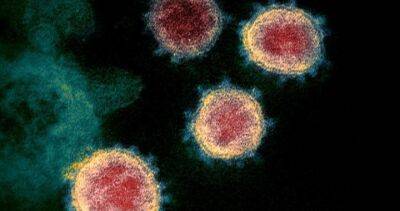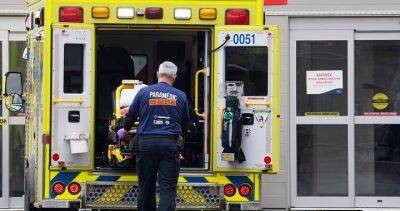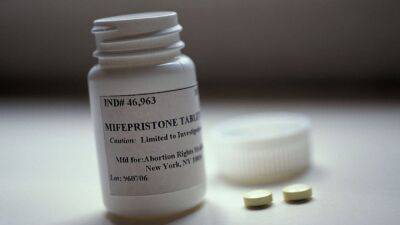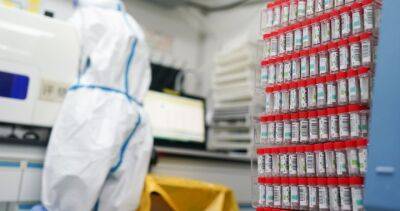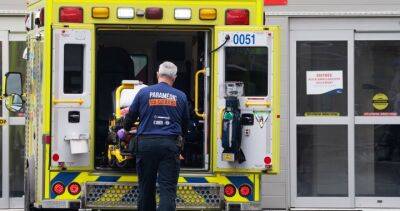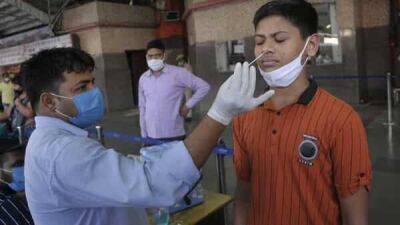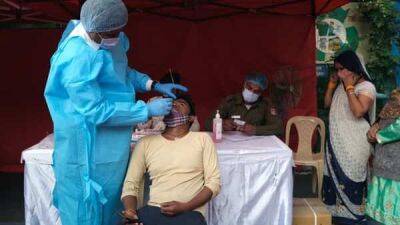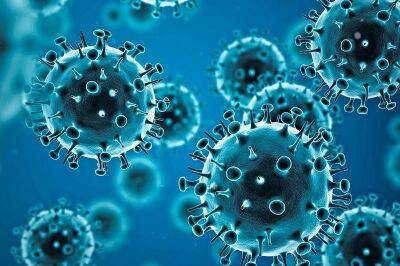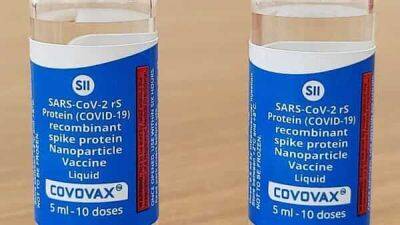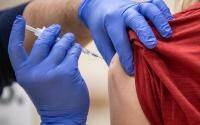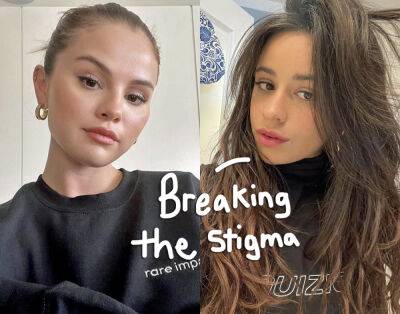Moderna COVID vaccine may have slight edge over Pfizer in infections only
Relative to the Pfizer/BioNTech COVID-19 vaccine, the Moderna version confers slightly more protection against infection—but not hospitalization, intensive care unit (ICU) admissions, or death—90 days after the second dose, suggests a modeling study of more than 3.5 million fully vaccinated Americans published today in Nature Communications.Optum Labs scientists in Minnesota compared the effectiveness of the Moderna and Pfizer COVID-19 vaccines by analyzing healthcare claims from fully vaccinated Americans insured by a single US insurer (Medicare Advantage and commercial insurance).
Among 8,848 infected participants, 35% had received the Moderna vaccine, and 65% had received Pfizer.Follow-up was 14 to 151 days after the second vaccine dose.
The researchers also analyzed data from those younger and older than 65 years who had never been infected.Difference 'meaningful at the population level'Relative to the Pfizer vaccine, Moderna was slightly more effective against COVID-19 infection starting shortly after the second dose and improved over time, with the need to vaccinate 1,047 people to prevent 1 infection at 30 days (aOR, 0.67; 95% CI, 0.63 to 0.71), decreasing to 290 at 90 days (aOR, 0.66; 95% CI, 0.60 to 0.73)."Although this incremental risk is small at the individual level, it is meaningful at the population level," the study authors wrote. "Our results suggest that for every 1 million individuals vaccinated with the BNT162b [Pfizer] vaccine compared with the mRNA-1273 [Moderna] vaccine, this would represent 3,448 additional care-seeking cases of Covid-19 at 90 days."The vaccines didn't differ in terms of protection against hospitalization, ICU admission, or death/transfer to hospice (aOR, 1.23; 95% confidence
Read more on cidrap.umn.edu